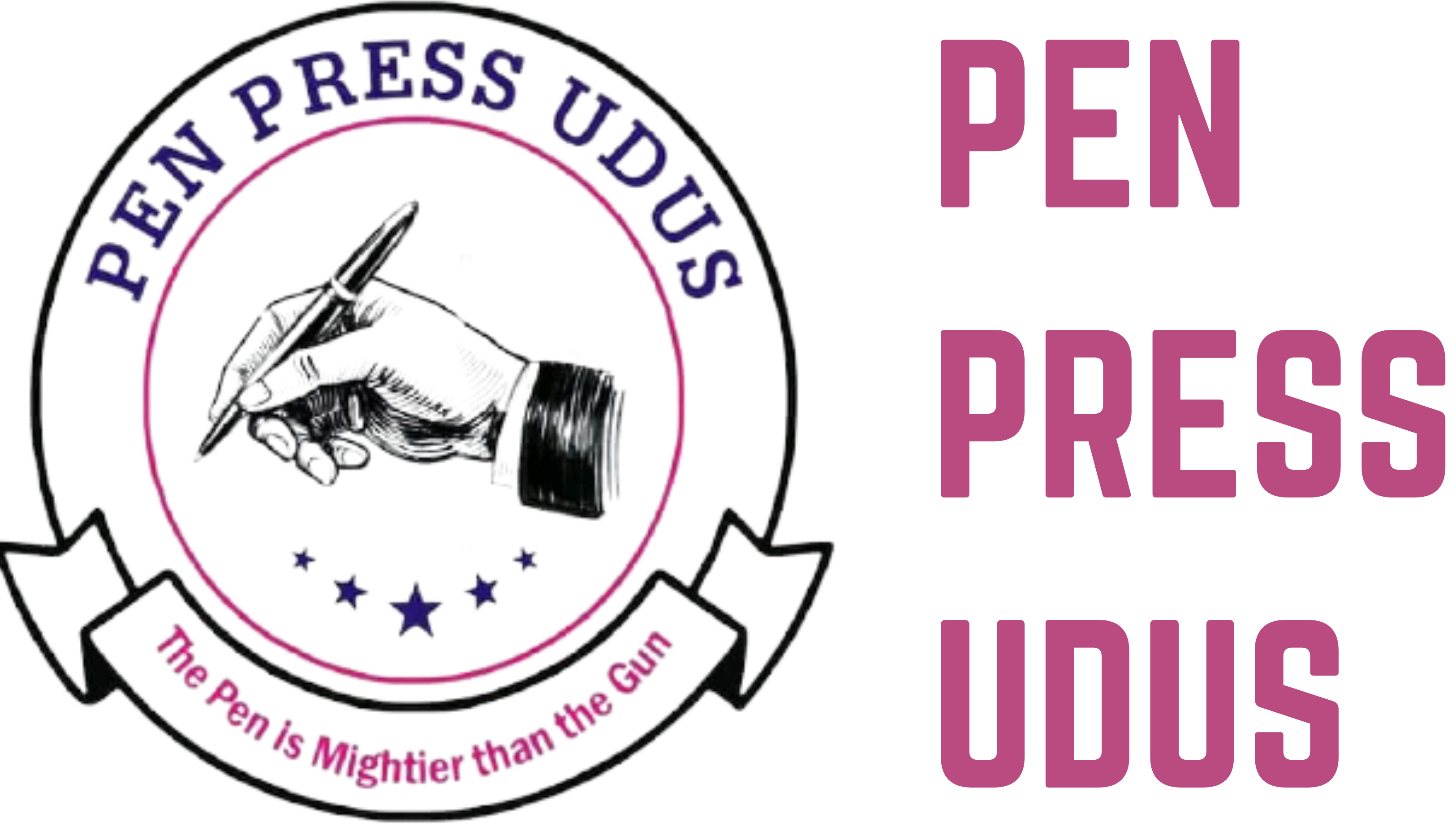By Abdulrasaq Nafisat Taiye
It was always a brain-drilling moment whenever Ajisafe Miracle Temiloluwa is about to conduct an interview. A 300 level Political Science Student of the Adekunle Ajasin University, Akungba Akoko, Ondo State, often found herself erasing her interview questions draft intermittently.
Until Pen Press journalism training, Miracle found herself wasting time reminiscing on the right questions to ask her sources and how to get them hooked – providing her the right information she needed.
“I gained a lot of things, truth be told. And I discovered journalism is not all about writing about happenings alone but informing the populace about hidden truths”
Ajisafe was impressed about the training she received as she always wanted to improve her interviewing skills. Attending the training was an eye opener for her, “so now I have a border view of it all and I have joined Nigerian Union of Campus Journalists (NUCJ),” she disclosed.
Echoing Miracle’s voice is Eseosasere Silantane Idumwonyi, a 200-level student Mass Communication at Usmanu Danfodiyo University Sokoto, joyfully explained how the training organized by PEN PRESS UDUS shaped her brain on how to drive the attention of her source.
“I learnt how and what an investigative reporter should do when reporting a beat”. said Idumwonyi
Idumwonyi also shared that she learnt how to handle people who are unwilling to share their stories.

Mohammed Alhaji Sukari, a journalist with Golden24/7, an online news media in Kwara State said he gained more skill to interview his sources because he believed that language barrier has always been an obstacle whenever interviewing his source.
“The challenges I faced are language barrier and community ignorance about the project in their community,” he continues, “But now, I have known how to find my way around it.”
It Was Life Changing – Participants
To Abdurrahim Ibrahim, 400l student of Agriculture, from Usmanu Danfodiyo University Sokoto, PEN PRESS Journalism Clinic has helped him develop more confidence and learned the ethics of conducting interviews – hence a life changing opportunity.
“The program was actually fascinating and life changing. I had the opportunity of meeting experts in journalism who shared their ideas and experiences,”he stated.
Abdurrahim has encountered numerous challenges while conducting interviews with his sources. He shared that,“Not getting an early response is a challenge I used to face
A campus journalist at University of Ilorin, Chuwang Joshua Weng, a 400 level of Performing Arts Student, shared insight on how the facilitator expatiate the training with more examples.
“It was very expository. Apart from the fact that I learned new things, the facilitator was very explicit with relatable examples too.”
He further said, “It was indeed a training that equipped participants with the needed knowledge about investigative journalism.”
Joshua ultimately disclosed how lack of consent and not disclosing enough information always blockade his progress while conducting interviews with his source.
Yusuf Taiye, A graduate from the Economic Department at Usmanu Danfodiyo University Sokoto also expressed how Pen Press training has transformed him to unearth the truth because people have the right to know the truth.
“I really enjoyed the program, where we were told why investigative journalism is important and I was so pleased in a particular area which is to unearth the truth. where people have the right to know the truth”.
After the training Taiye brainstormed and he discovered there are a lot of stories around him which he can investigate on.
“I later discovered after the program that
there are a lot of stories here around me that I can lay my hand on, as a work of journalism.”
According to an International Journalists Network (IJNET), conducting an interview for a story is not easy. It can be difficult to grapple with a blend of humanity, ethics and accuracy, especially when veering into sensitive topics and managing time constraints.
Jennifer Cox, an associate professor at Salisbury University also added that, “Too often, as journalists, we’re simply out there, just getting the news, and we forget to consider how our sources are being represented or want to be represented.”
Expert Weighs-in
Shereefdeen Ahmed Sawe, a multiple award-winning journalist from Sokoto State said the journalists need to know how to educate their sources and inform them about the national interest that the story aims to unleash.
“If people you are interviewing are not ready to reveal the truth, let them know the importance of the story you are working on and how it will benefit them,” Shereefdeen said.
Shereefdeen also highlighted the most important challenges that student journalists face while filing their investigative reports, he said, “Most of the problems that campus journalists or student journalists face in terms of investigation is vulnerability. If people want to carry out an investigation on campus, they are vulnerable to expulsion or restriction under the school management.
Unlike literally in the mainstream where people can stand on their own and try to do a lot of things for themselves. But one big problem they face is vulnerability, just like other journalists out there do face for the government.”
Shereefdeen believed that training like this will better prepare campus journalists about the art of investigative reporting.
“Training like this prepares them ahead of the work that is there in investigation. So campus journalists having access to training like this will shape their mind about the art of it and also push them further to want to know more about what investigative journalism is all about. So it will improve their skills.”

